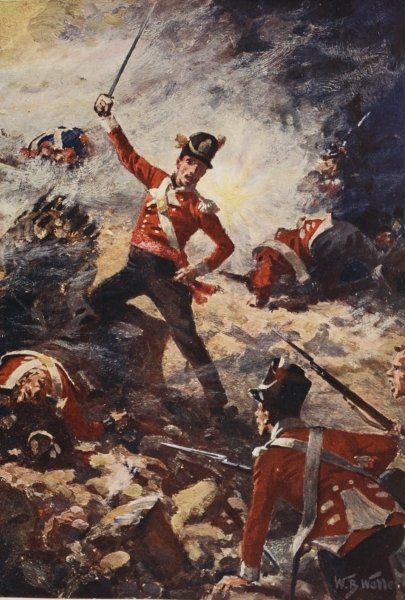GrauGeist
Generalfeldmarschall zur Luftschiff Abteilung
Most pilots intended to bale out before impact.Would pilots that intentionally rammed enemy aircraft count as suicidal?
Bulgarian Air Force pilots were known for ramming bombers during the war, many survived.

